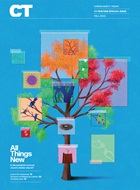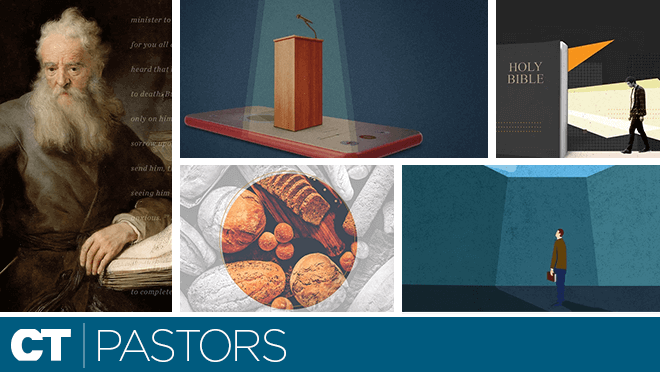George Herbert's constant companions were personal inadequacy, melancholy, and frustration at his perceived uselessness for God. "A blunted knife was of more use than I," he wrote in one of five poems he titled "Affliction." Yet, his contribution in his poetry, as in his life in the tiny country parish, is his transparency.
Holy Mr. Herbert was wholly honest about his struggles with his calling, but by the time of his death, he was content. On his deathbed, he bequeathed his poems to a friend, calling them "a picture of the many spiritual conflicts that have past betwixt God and my Soul, before I could subject mine to the will of Jesus my Master, in whose service I have now found perfect freedom."
How he found this "perfect freedom" remains a mystery. The poems are not chronology; there is no "eureka" moment. His mood swings from rebellious to resigned.
In "The Collar," he shouts: "I struck the board, and cried, No more." Herbert rages for several stanzas, then suddenly is quiet in God's ...
1
Support Our Work
Subscribe to CT for less than $4.25/month
























